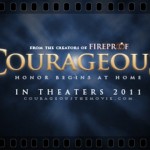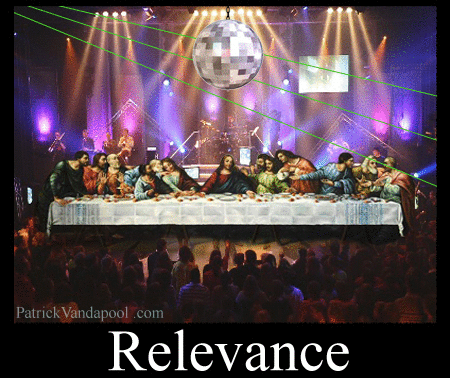Sunday Lectionary: September 11, 2011
There’s not too much technical stuff to focus on in this week’s Mass Readings. My suggestion is to use the readings as a springboard to invite people in the study group to talk about their struggles, successes and failures in relation to that tough subject of forgiveness.
Twenty-Fourth Sunday of Ordinary Time
Last week’s Mass Readings concerned themselves with the restoration of brothers and sisters who have fallen into sin. This week’s Readings build on those of last week, focussing upon forgiveness, its centrality to the Gospel and its necessity in God’s covenant community.
“There is no offense, however serious, that the Church cannot forgive. There is no one, however wicked and guilty, who may not confidently hope for forgiveness, provided his repentance is honest. Christ who died for all men desires that in his Church the gates of forgiveness should always be open to anyone who turns away from sin” – Catechism of the Catholic Church, Paragraph 982
Reading I: Sirach 27:30-28:7
Our First Reading comes from the book of Sirach. This book is one of the books which was removed from the Bible by non-Catholics at the time of the Reformation in the 16th Century. Non-Catholics refer to this collection of books as the Apocrypha, whereas Catholics refer to them as the Deuterocanonical books. Other books in this collection include Tobit, Wisdom and 1 & 2 Maccabees.
The link between this First Reading and the Gospel passage is clear: if you would like the Lord’s forgiveness and mercy, you should treat others with forgiveness and mercy.
“Wrath and anger are hateful things, yet the sinner hugs them tight. The vengeful will suffer the LORD’s vengeance, for he remembers their sins in detail. Forgive your neighbor’s injustice; then when you pray, your own sins will be forgiven.
Could anyone nourish anger against another and expect healing from the LORD? Could anyone refuse mercy to another like himself, can he seek pardon for his own sins? If one who is but flesh cherishes wrath, who will forgive his sins?
Remember your last days, set enmity aside; remember death and decay, and cease from sin! Think of the commandments, hate not your neighbor; remember the Most High’s covenant, and overlook faults”

Possible Questions:
- How does the author describe the sinner’s relationship to wrath and anger? What can we learn from this?
- Practically speaking, what does this forgiveness look like?
- There are several rhetorical questions in this passage. What point do they make?
- What are the reasons the author gives for putting aside “wrath and anger” and “enmity”?
 At the end of this month, the movie
At the end of this month, the movie  This Sunday’s Gospel reading is of Peter walking on water with Jesus. In preparation of that, here is the song “Voice of Truth” by
This Sunday’s Gospel reading is of Peter walking on water with Jesus. In preparation of that, here is the song “Voice of Truth” by  Audrey Assad recently released
Audrey Assad recently released  First Apology (Extract) from St. Justin Martyr
First Apology (Extract) from St. Justin Martyr (Thanks to
(Thanks to